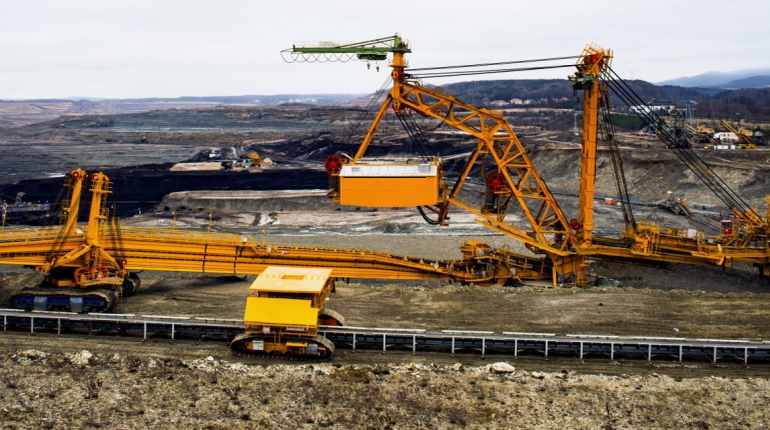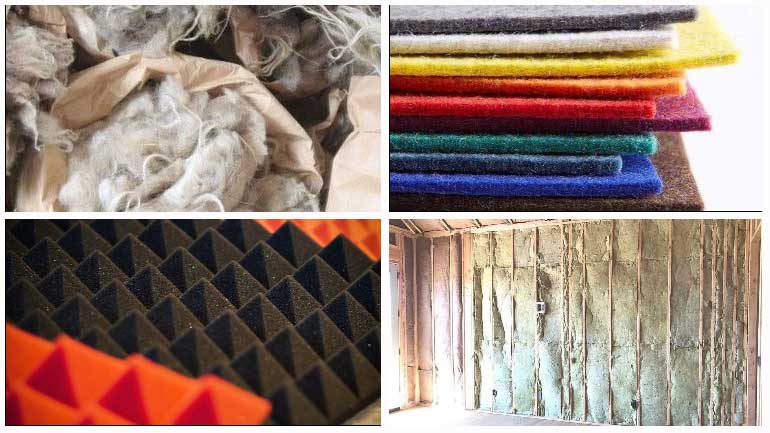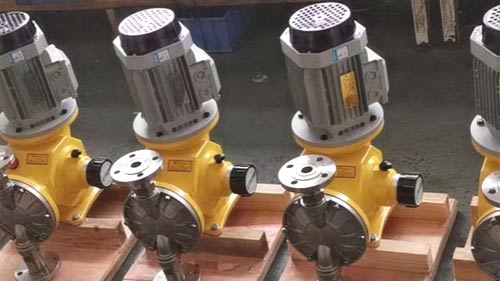
Irrespective of your specialty, it is always essential to get an air compressor that will keep up with your workload. We have put together a buyer’s Guide to help you find out what you should look out for on your next compressor purchase. Below are certain pointers to look at to ensure you get the right air compressor that can be efficient for you.
1. Get an Air Compressor with the Right Air Pressure (PSI) and Horsepower
The Air pressure and Horsepower of an air compressor are measured in pounds per square inch (PSI) and (HP) respectively. Tools that require air compressors to function also require a pressure of up to 90 PSI to function properly. The horsepower rating of a compressor will always give you an idea of the size of the compressor you are looking to buy.
On average, most industrial air compressors have a horsepower rating of up to 5 HP. Air compressors that have up to 5 HP often use about 24 amps on a circuit with up to 220 volts. You also need to put into consideration that many manufacturers often exaggerate the horsepower of their air compressors.
2. Get a Compressor with the Right CFM for You
Tools that require the use of air compressors have a certain volume of air that is needed to keep them going. CFM (Cubic feet per minute) refers to the volume of air that an air compressor produces while in operation. A lot of air compressors come in a wide range of CFM ratings which are sometimes boldly written in their specifications.
With information on the size and speed of a compressor pump, you can get a calculation of its CFM. When choosing a great air compressor it is good to get one with about 3 to 4 CFM at a constant pressure of 90 PSI.
3. The Tank Size of the Compressor
Just so you know, the size of a compressor does not matter too much as the tank does not produce air but stores it. If you happen to go for a large pump and motor that produces as much air as you need, you will not run out of air. Despite the size of the tank, your air compressor will never run out of air as long as the pump is big enough.
However, you can save costs by getting a small compressor that has a large tank if you need air intermittently. If you happen to need one for a sander, getting a small tank will help your compressor to get up to pressure quicker.
4. Choose Between Single-Stage and Two-Stage Air Compressors
Just like the name implies, single-stage compressors use one or more cylinders to pump air into the tank. As for two-stage air compressors, they contain two-cylinder pumps that move air through a cooling tube and into a small second-star cylinder. The air is pushed in at 90 psi before being moved into the tank at a pressure of up to 175 psi.
Many people believe that a two-stage compressor has better quality than single-stage compressors. Two-stage compressors are mainly needed if you require high pressure which is not needed by many applications. Read Air compressor reviews for more details on air compressors in the USA.
5. Choosing Either A Direct Drive or A Belt Drive Compressor
Despite the type of compressor you choose, both direct drive and belt drive are very great versions of air compressors. However, most of the direct-drive versions of compressors are designed to keep the cost down, meaning they are of low quality. Direct drive compressors have a direct connection to the motor shaft, allowing it to turn at the same speed as the motor.
In the case of a belt drive compressor, you will be provided with a higher air value and very high speed. The pumps of Belt-drive compressors spin slower than their motor, making them more efficient with less wear and tear.
6. Getting a Compressor with Great Duty Cycle
When you plan on buying a great compressor, you have to take note of its duty cycle as this is very important. The duty cycle of a compressor is given as a percentage and describes the amount of time the compressor can run. It tells you how long a compressor can run and work effectively within 10 minutes.
A regular hobby compressor may have a duty cycle of 50% meaning it shouldn’t run more than 5 minutes within 10 minutes. If you’re looking for a compressor for heavy-duty jobs, you can get a compressor with up to 100% duty cycle.
7. Ability to Withstand Moisture Problems
The more time you spend using your compressor, the hotter it gets and this results in more moisture problems. This is because when air is compressed, it becomes hot and releases water when condensed.
When the air compressor gets hotter, the water condensed from the system increases leading to large moisture in the compressor. The best way for you to get rid of moisture problems with your compressor is to get a bigger compressor so it doesn’t have to overwork.
8. Life Expectancy of the Compressor
Life expectancy is another thing to look out for when trying to find a great air compressor for your business. It might be quite disappointing to take out money to buy a compressor only for it to last half as long as a regular compressor. There are a lot of compressor brands out there that are designed to last up to 10 times more than regular compressors.
We advise that you take out time to inquire about the life expectancy of the compressor before paying for it. Compressors that last a long time are just a few dollars costlier than regular compressors.
9. Get the Right Size
When it comes to size, people who buy air compressors have hardly regrets buying a big-sized air compressor. However, if you’re going to use it on an industrial tool, you may have to buy an air compressor based on the manufacturer’s specifications. You also have to understand that much automotive air told needs up to 10 CFM and 9 psi to work effectively.
Tools like impacts are often operated intermittently, so you’ll be if you happen to have up to 5 CFM continuously available. So basically, you need to buy a bigger compressor so you don’t have to worry about overworking your compressor.




